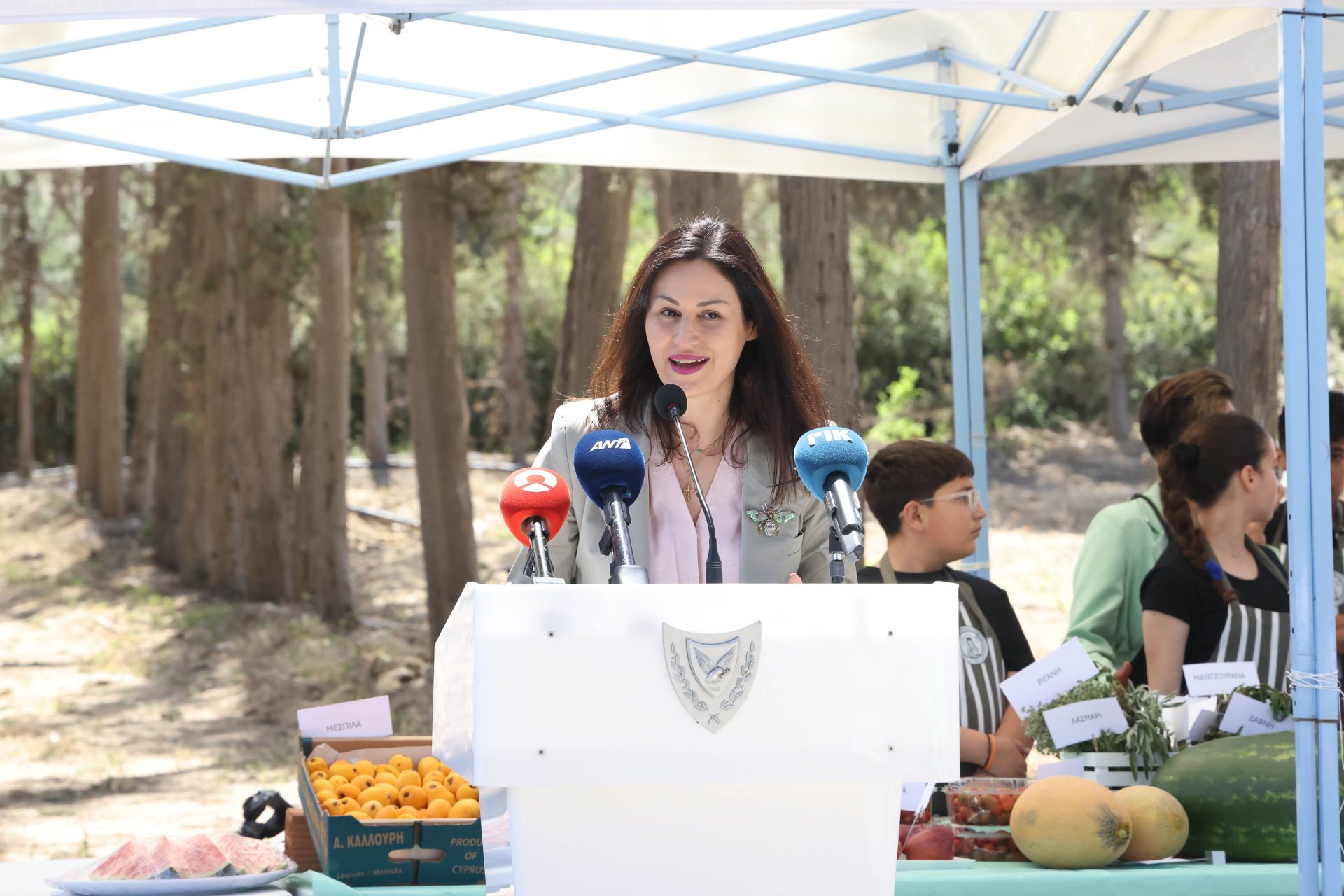Island’s water issue to be ‘solved’ in two years
Water will be provided as early as next month from the desalination units which are set to be delivered to Cyprus from the United Arab Emirates, Agriculture Minister Maria Panayiotou said on Tuesday.
Addressing a joint session of the House agriculture and environment committees, she said the units will arrive on the island as early as this month, with priority set to be given to the Limassol and Paphos districts.
She also announced that the government is to construct two new permanent desalination units, which are expected to be completed and enter service within the next two years.
Those two units, she said, will be powered by renewable energy sources, and will provide a total of 120,000 cubic metres of water per day.
She added that this quantity will, if provided, “definitively solve” Cyprus’ water issue.
Additionally, she spoke of how desalination will now become a permanent fixture of for the island.
“Desalination will be used continuously, whether it rains or not. It is a conscious decision to ensure that there will be water in the reservoirs for our farmers,” she said, while also making reference to the €15.5 million provided to them for losses suffered due to water shortages.
She also pointed out that around 30 per cent of her ministry’s budget at present is spent on water-related matters.
Looking ahead, Panayiotou said a new, tightened framework regarding the use of water hoses will be submitted to parliament in the next few days, with the aim of saving more water, and that “all technological developments which can contribute to the water sector are being examined”.
These possibilities, she said, include things such as underwater desalination and cloud seeding.
However, she said, studies into cloud seeding led to the conclusion that it can “only be a supplementary measure” as there are no guarantees that the practice would yield the sought-after quantities of water.
She added that “one country which implemented it told us ‘don’t invest in it’”.
Diko MP Christos Orphanides was quick to warn that the arrival of the desalination units from the UAE will not “solve the water problem” in its entirety.
“These units will simply replace the loss of the unit in Paphos, which burnt down, and which was providing approximately 15,000 cubic metres of water per day,” he said.
The planned arrival of the desalination units from the UAE was announced by President Nikos Christodoulides last month, with government spokesman Konstantinos Letymbiotis later saying there will be “no risk” of there being any water cuts in Cyprus this summer as a result of the units’ forthcoming arrival.
“Units with a capacity of 15,000 cubic metres per day, corresponding to our needs, will arrive in time, so that the Republic of Cyprus is not at risk of water cuts,” he said.
Christodoulides had stressed that the units will be provided “free of charge”, a fact he said “underlines the importance of relations in the context of the country’s foreign policy, and in matters of internal policy”.
However, not everyone has been impressed by the government’s direction of travel with regard to the issue of water.
Coastal engineer Xenia Loizidou earlier slammed the government’s plan to import mobile desalination plants as an “incoherent panic solution”.
She said the units are “of course a solution”, but that “to really solve the water problem, the first thing which needs to be done is to invest in infrastructure and proper management of uses”.
This, she said, must entail there being “no lawns and golf courses” and an “adaptation” of crops to plant those which are less water intensive.
“If with two accidents, Mavrokolympos and Kouklia, the entire state planning collapses, then we are clearly a country which is defenceless and this water policy has failed over time,” she said, referring to the draining of the Mavrokolympos reservoir and a fire at a desalination plant in Kouklia.






Click here to change your cookie preferences